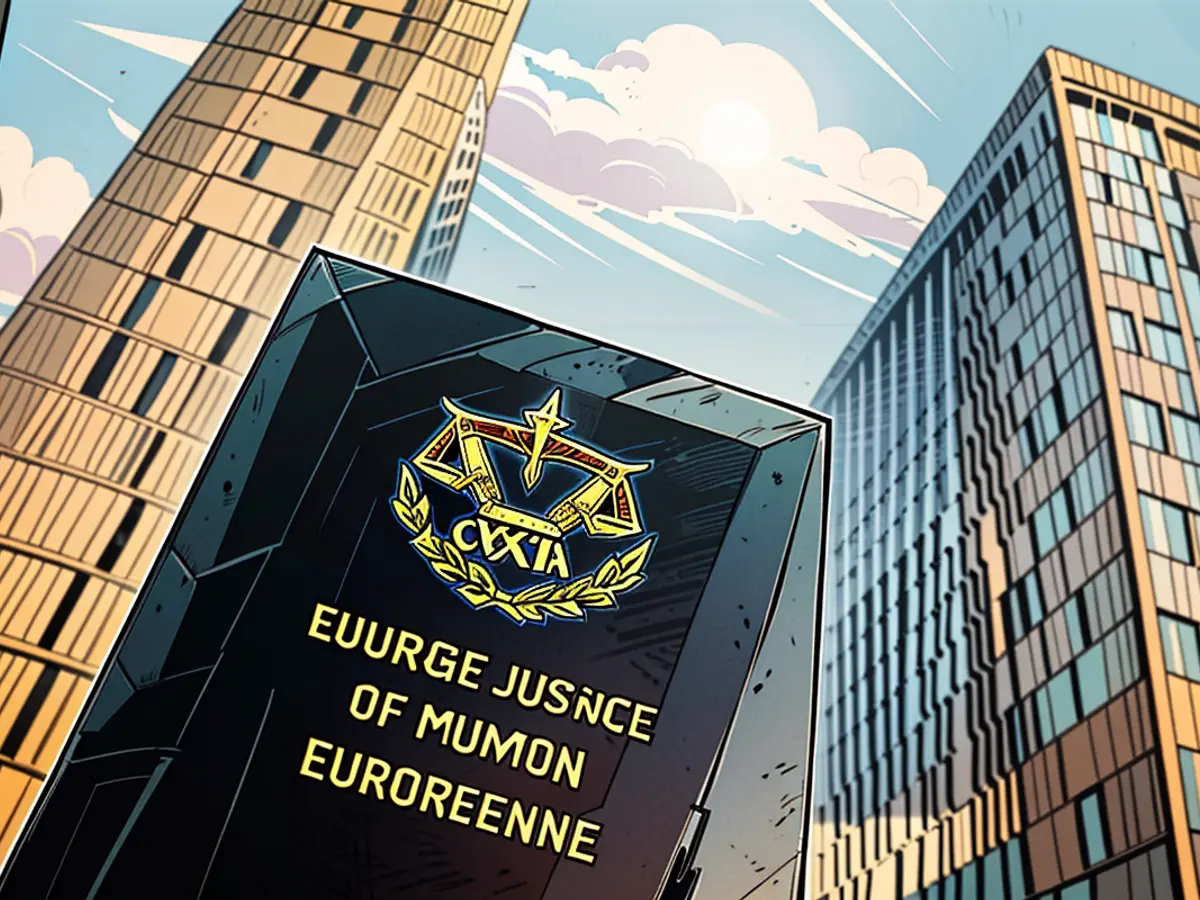The EU law has been infringed by the imposed price limitations on certain food items in Hungary.
In 2022 and 2023, Hungary's price caps on certain goods, such as wheat flour, sunflower oil, pork and poultry meat, milk, various sugars, and later eggs and potatoes, went against EU law, as ruled by the European Court of Justice (ECJ). The court found that this policy restricted free competition. The issue arose from a lawsuit instigated by retailer Spar in Hungary against these regulations.
Introduced in February 2022 during the COVID-19 pandemic, the regulation forced retailers to offer a particular amount of these items at fixed prices. Following the start of the Ukraine war in November 2022, eggs and potatoes were added to the list. These restrictions remained in effect until July 2023.
In May 2023, Spar Hungary faced a fine due to one of its stores failing to meet the daily quota for five specified items. Challenging the fine, Spar Hungary filed a lawsuit. Doubting the regulation's compatibility with EU law, the Hungarian court referred the case to the ECJ.
The court noted that the regulation restricted retailers' freedom to set prices and quantities based on economic factors, thus infringing on free competition.
Hungary defended the restriction as necessary to combat inflation and secure the supply of essential foodstuffs for underprivileged consumers. However, the court viewed the regulation as excessive, causing disruptions across the entire supply chain.
Now, the Hungarian court must rule on Spar Hungary's specific lawsuit. Its decision is influenced by the ECJ's legal opinion.
The ECJ's ruling found that Hungary's price caps restricted free competition, as they went against EU law. In response to the fine, Spar Hungary contested it by filing a lawsuit, questioning the regulation's compatibility with EU law.








